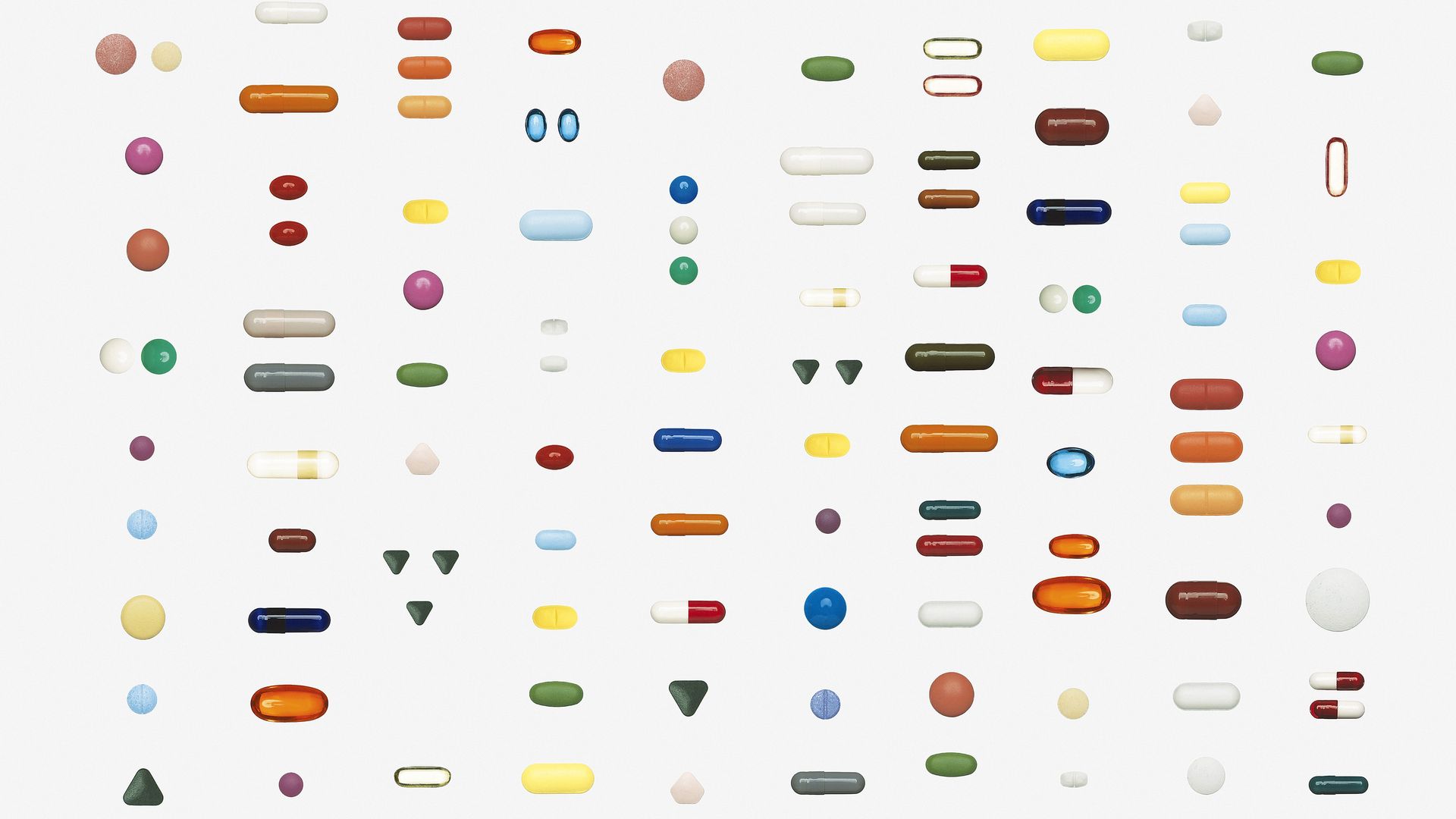
Photo: Dwight Eschliman/Getty Images
It's too soon to throw in the towel on biosimilars, especially because there's evidence that they're lowering the net costs of biologics, Alex Brill and Benedic Ippolito of the American Enterprise Institute argue in a Health Affairs blog.
Why it matters: The authors were refuting an April post in Health Affairs that argued biologics are a natural monopoly, so biosimilars aren't going to work.
What they're saying: The number of biosimilars in development is increasing, and two biologics facing biosimilar competition — Neupogen and Remicade — have begun offering bigger discounts to stay competitive, even though their list prices haven't come down.
The bottom line: "Although prices likely will not reach close to marginal costs ... this does not imply that biologics, writ large, are natural monopolies in any traditional sense of the concept," Brill and Ippolito write.
- The big question going forward, Ippolito told me, is how low biologic prices will go.
Go deeper: How to jump-start a fledgling class of new, cheaper drugs
